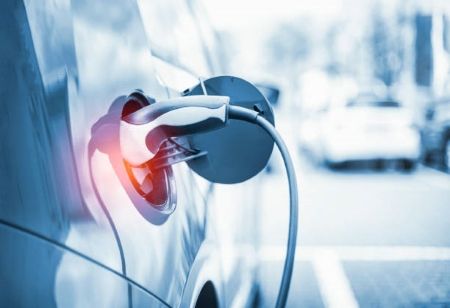
A recent survey conducted by Urban Science and The Harris Poll has revealed that a majority of new car buyers in India are prepared to embrace new energy vehicles (NEVs), with 83% of prospective buyers considering purchasing an NEV by 2030. According to the study, these buyers are willing to pay up to a 49% premium for an electric vehicle (EV) over a comparable petrol or diesel vehicle.
The survey, which gathered input from 1,000 Indian buyers as part of a global study that also included the US, Australia, China, and Germany, highlights a strong positive outlook for NEVs in India. This enthusiasm is primarily driven by the expansion of public EV charging infrastructure, which is rapidly growing in major cities and tier-2 cities across the country. Currently, India has over 6,000 charging stations, a number projected to rise to 100,000 by 2027.
India's shift towards NEVs is also encouraged by the government's proactive policies in the EV segment. However, the survey pointed out that India's efforts to lead in the EV space face challenges, especially in comparison to China's dominance in producing lithium-ion batteries and electric motors and establishing large-scale charging infrastructure.
To stay competitive, the survey suggests that India could collaborate with Chinese companies to leverage their expertise in EV technology, helping to accelerate the development of India’s EV infrastructure and making electric vehicles more affordable and accessible. China’s successful large-scale EV projects, such as city-wide electric bus fleets and extensive charging networks, offer a valuable model that India can learn from to fast-track its own transition to electric mobility.
We use cookies to ensure you get the best experience on our website. Read more...